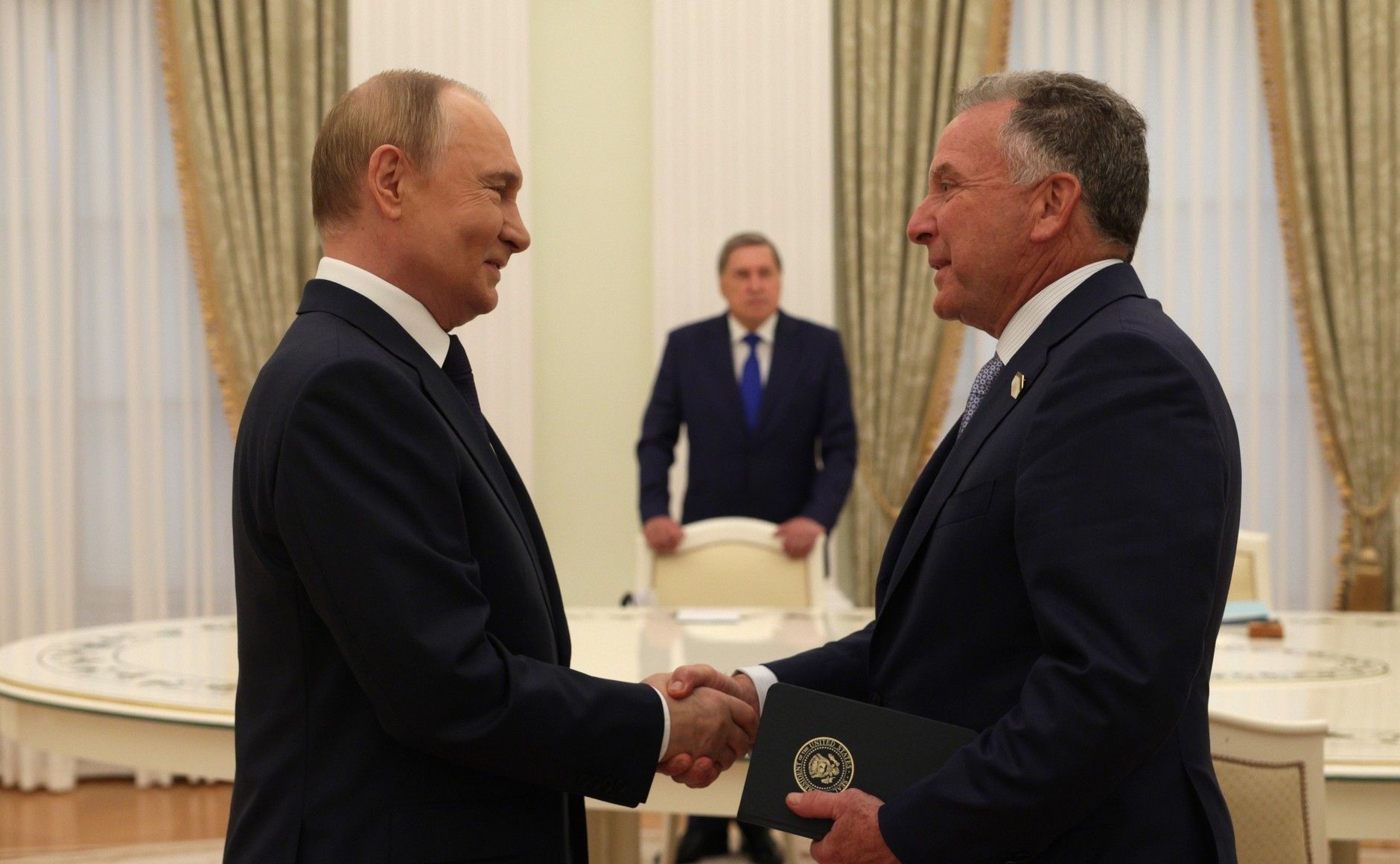Russian troops arrive in Belarus ahead of massive Zapad-2025 drills

The first echelon of Russian troops and military equipment arrived in Belarus on Aug. 6 to prepare for the upcoming Zapad-2025 joint military exercises, the Belarusian Defense Ministry announced.
Kyiv and NATO have expressed concern that Zapad-2025 could be used as cover for renewed aggression, as Russia continues its war against Ukraine while Belarus remains a potential staging ground.
The drills, expected to be held in mid-September, are among the largest in the Russia-Belarus military calendar. While the Belarusian Defense Ministry confirmed "over 13,000 participants," NATO estimates suggest that the drills may involve as many as 150,000 troops.
Officials have not disclosed the specific location of the arriving Russian forces.
"We plan to practice new forms and methods of application of ground forces based on the analysis of recent modern military conflicts," said Pavel Shebeko, deputy commander of the Belarusian North-West Operational Command.
Belarusian and Russian forces are now in the final preparation phase ahead of the drills. A photo released by Minsk shows the newly arrived Russian soldiers with their faces obscured.
Following Zapad-2021, Belarus and Russia conducted the "Union Resolve-2022" exercise, which directly preceded and facilitated the Kremlin's full-scale invasion of Ukraine. Russian troops who remained in Belarus after the drills joined the assault from Belarusian territory on Feb. 24, 2022.
President Volodymyr Zelensky warned in February that Moscow intended to deploy as many as 150,000 troops to Belarus — equivalent to 15 divisions.
While Belarus has not sent its own troops into combat in Ukraine, it has provided critical logistical and operational support to Russia, including allowing missile launches from its territory and training Russian conscripts on Belarusian bases.
Belarusian Deputy Defense Minister Pavel Muraveika previously said the drills would be held away from the western frontier to ease tensions, but on July 23, Minsk signaled a possible reversal, citing what it called growing military activity by Poland and Lithuania.












